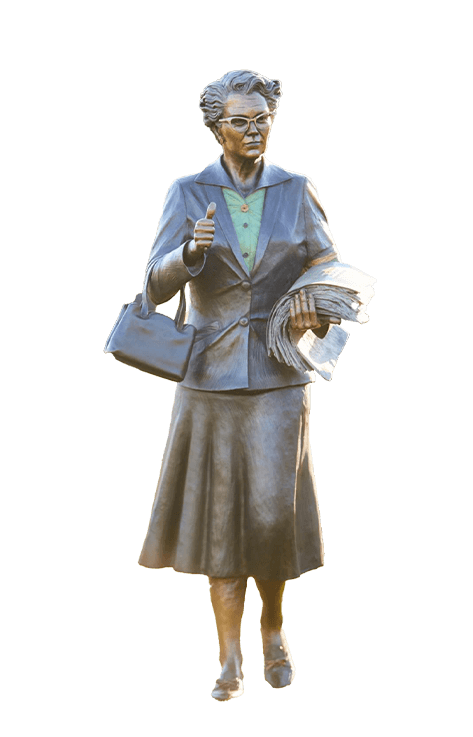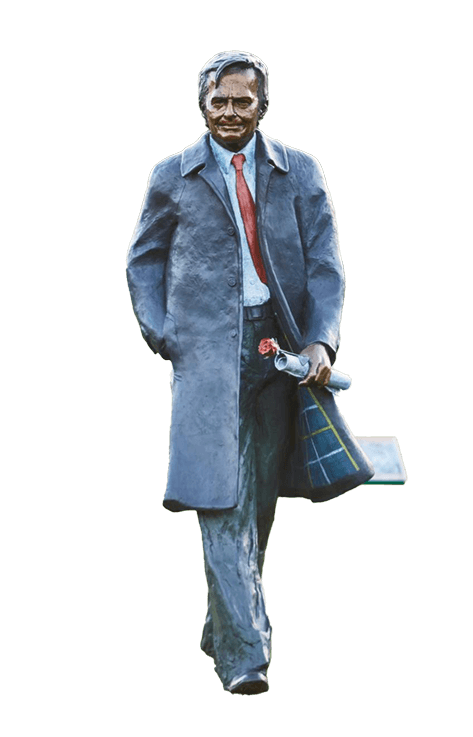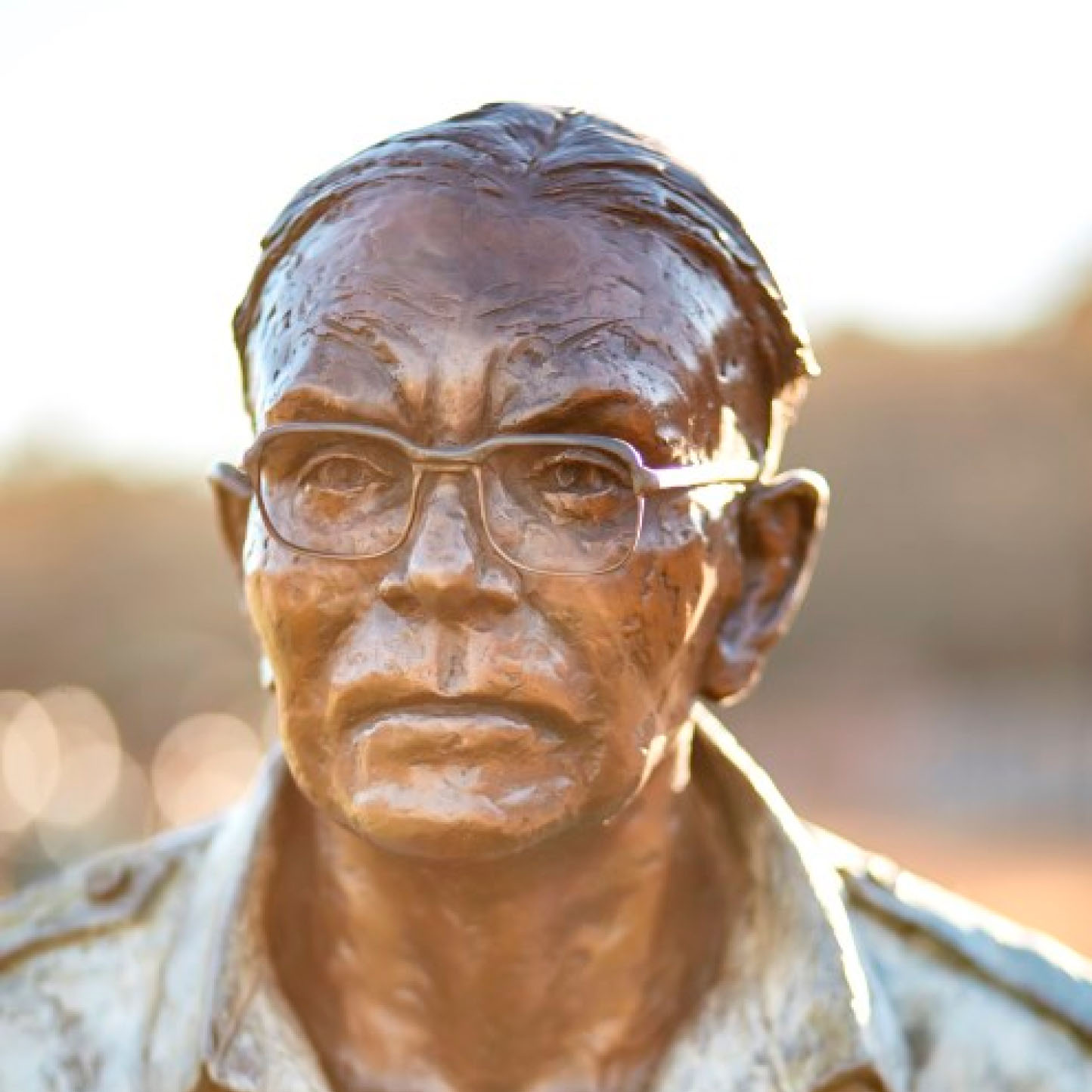
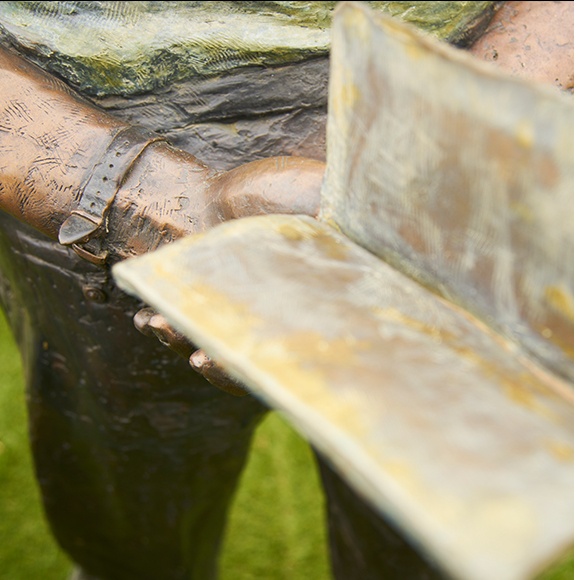
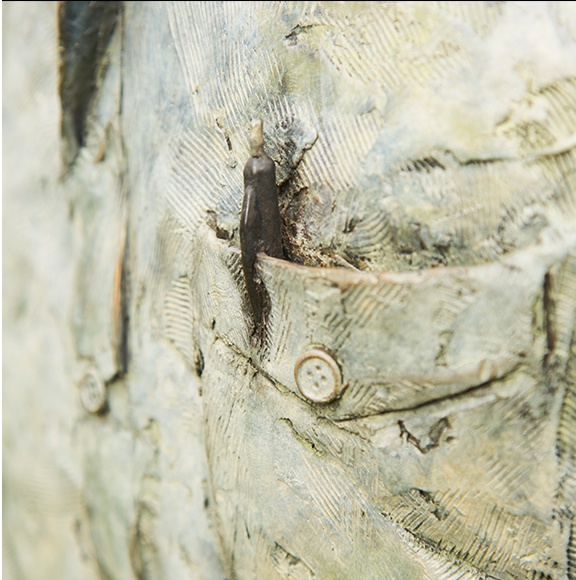
"There is a lovely road which runs from Ixopo into the hills. These hills are grass covered and rolling, and they are lovely beyond any singing of it."
Opening sentence of Paton’s Cry the Beloved Country, 1948
Alan Paton
1903 - 1988
President of the Liberal Party, Author, Activist, School Principal, Reformer of the Juvenile Justice System
Best known for his first book Cry the Beloved Country, Alan Paton is one of South Africas most recognized authors who challenged white readers ignorance about Apartheid and brought worldwide attention to the plight of Africans under the racist system.
In 1953 he founded the multiracial Liberal Party of South Africa (LPSA) and served as its president from 1955. It disbanded in 1968 when an Apartheid law criminalized interracial participation in political parties.
In 1934 he was appointed the Principal of Diepkloof Reformatory for Young Offenders and charged with transforming it into an institution focused on education rather than punishment. He examined prison facilities around the world, which inspired him to introduce several progressive and controversial reforms that allowed more freedom and rehabilitation for the young boys.
Cry, the Beloved Country is a moving account of racial prejudice and the destruction of rural life and manhood. After it was published in 1948, the same year the Apartheid government came to power, he resigned from his position as principal and became a full time writer, eventually producing 18 more books.
Did You Know
Diepkloof Reformatory was home to 600 boys considered juvenile delinquents in need of rehabilitation. Paton was known among these youngsters as the man who pulled up barbed wire fences and planted geraniums.
